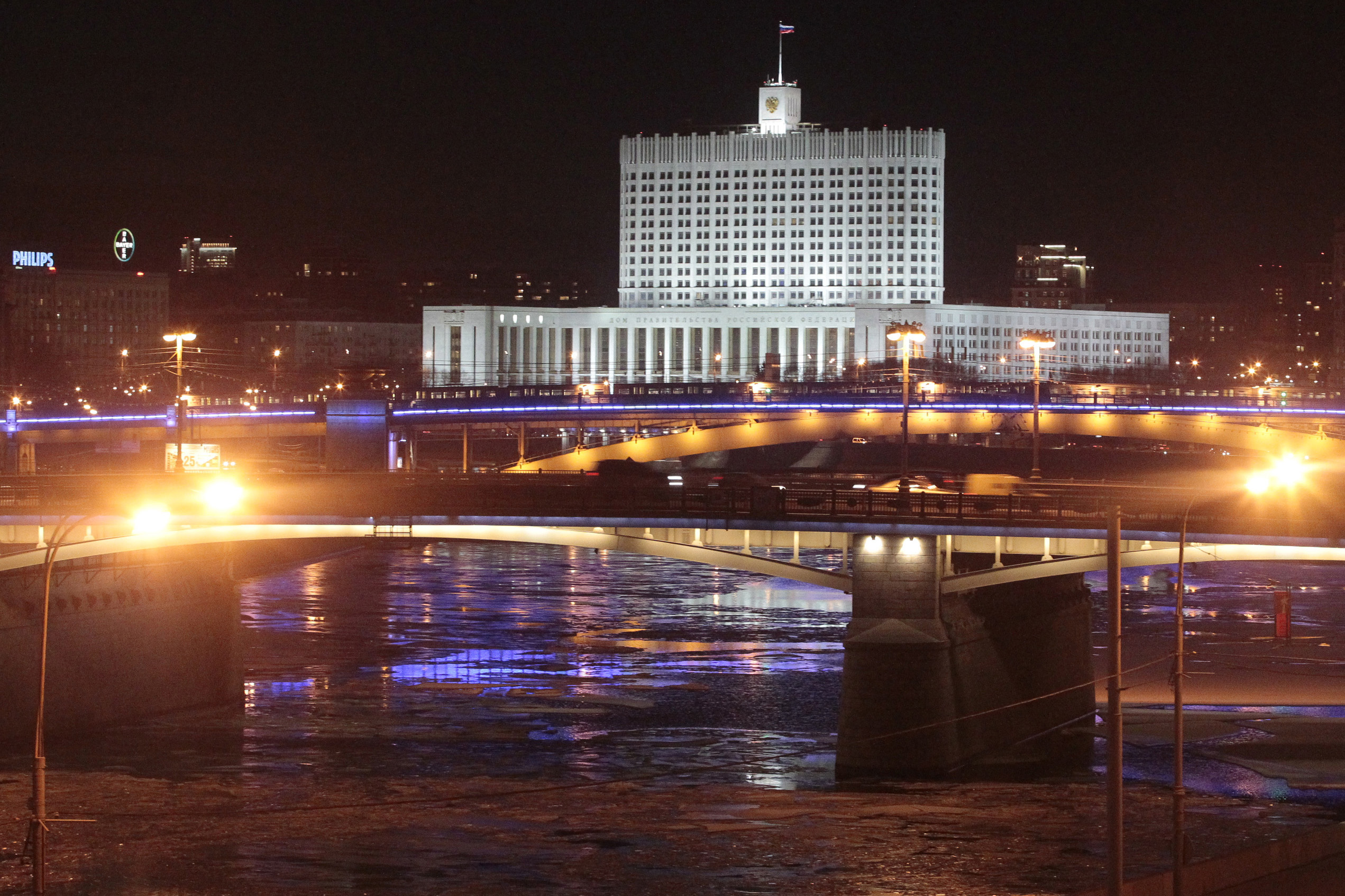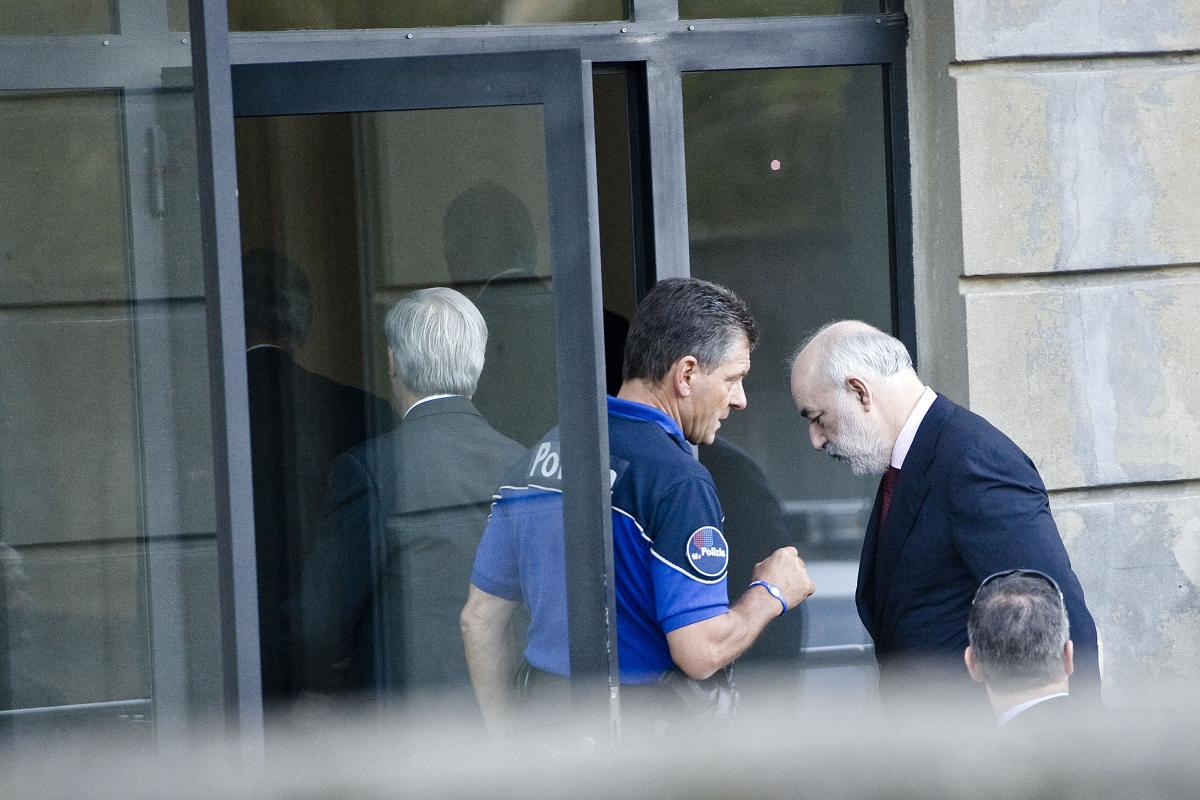
Modernising Russia presents risk and reward

A trade mission to Russia this month led by Economics Minister Johann Schneider-Ammann hopes to pave the way for greater economic links between the two countries.
The highlight of the four-day visit will be talks with Russian President Dimitri Medvedev on the progress of a proposed free trade agreement (FTA) and a new commitment to boost Switzerland’s role in Russia’s modernisation drive.
Russia is seen as a prime market for Swiss business thanks to its sheer size (142 million inhabitants) and the urgent need to upgrade its infrastructure, particularly in the field of energy production.
Switzerland has also pursued a strategy since 2006 of prioritising economic ties with BRIC countries, of which Russia is one.
Along with fellow European Free Trade Association (Efta) countries, Switzerland started negotiations for an FTA with the new customs union of Russia, Belarus and Kazakhstan last year.
“Tremendous potential”
Swiss businessman Urs-Peter Wepfer is an expert on the market and is boss of the consultancy and logistics company United Machinery that has been in Russia since 1999.
Wepfer believes Swiss companies could benefit from Russia’s efforts to upgrade its massive energy industry and its roads, rail links and ports. Russia is also gearing up to host the Winter Olympics in Sochi in 2014, the ice hockey world championship in 2016 and the football world cup two years later.
“There is tremendous potential for foreign investors and exporters because a lot of infrastructure upgrades are being supported by the Russian government,” Wepfer told swissinfo.ch.
“There is demand for top quality equipment and know-how in the fields of high tech components, precision tools, machine building, construction and railways.”
“Swiss construction know-how is also sought after because we have experience of dealing with problems associated with similar topographical and climatic conditions.”
Big business
Larger Swiss companies are already established in Russia. Cement maker Holcim will open a new plant near to Moscow next week, Novartis has committed $500 million (SFr420 million) to developing the market in the next five years while Sulzer expanded a chemtech plant last year.
Industrial pumps specialist Sulzer and solar energy firm Oerlikon have made strides in the market since being taken over by Renova, the commercial vehicle owned by Swiss-based Russian billionaire Viktor Vekselberg.
Vladimir Kuznetsov, a lieutenant of Vekselberg at Renova and a board member of Sulzer, told swissinfo.ch that establishing a presence in the tough Russian market demands a lot of time, staying power and the right strategy.
“Russia is a huge market but there is no easy money,” he said. “There is no magic key that opens doors, it requires commitment on the side of foreign companies.”
“You have to start with the basic things like installing Russian language capability inside your company, training your local staff in how to instal and maintain your product and back this up with production and service centres based in Russia.”
Corruption issue
Seasoned observers, such as Urs-Peter Wepfer, calculate that new market entrants need to invest two years of time and around half a million francs before they start to see profits. Experts also advise companies to have an exit plan to avoid further losses if their strategy fails after three years.
Corruption is a major obstacle in Russia. Despite efforts to stamp out abuses, and plans to reduce the influence of government officials in companies, Russia still ranked 154 out of 178 countries in a 2010 Transparency International corruption index (178 being the most corrupt).
Undeterred by these risks, a delegation of Swiss business officials from around 20 companies will accompany Schneider-Ammann on the trade mission that flies out to Moscow on Sunday.
The programme includes an update on how Switzerland is assisting Russia’s modernisation drive. Zurich’s Technopark and Federal Institute of Technology are already helping Russia put together a flagship project to create a “Silicon Valley” of high tech innovation at Skolkovo near Moscow.
Last year, former Economics Minister Doris Leuthard extended an action plan for Swiss cooperation in Russia until 2013.
This year Schneider-Ammann will sign a further statement on joint cooperation with his Russian counterpart Elvira Nabiullina.
The visit will be rounded off by talks with Medvedev that will also be attended by Swiss foreign minister, and this year’s president, Micheline Calmy-Rey.
Regular contacts between Russia and Switzerland go back to the 18th century. In the 19th century Russia was one of the great powers which guaranteed Swiss neutrality.
In the 19th and early 20th century Switzerland attracted Russian artists, students and dissidents, including Lenin, who spent several years in exile in Swiss cities.
Following the Russian revolution of 1917, Switzerland broke off diplomatic relations the next year, and they were only restored in 1946.
Between the late 1990s and 2007 relations were strained by a number of issues including the 2002 Überlingen air crash in Swiss-controlled airspace which killed 71 people, mostly Russian children.
The arrest of former Russian nuclear energy minister Yevgeny Adamov in Bern in 2005 and a court decision to extradite him to the United States further soured relations. But Adamov was eventually extradited to Russia.
Russia also took a dim view of charges brought by Swiss prosecutors against Viktor Vekselberg for alleged stock market abuses in 2008. The Russian billionaire was acquitted last year.
Diplomatic relations have warmed up recently, with Switzerland acting as mediator between Russia and Georgia ever since the brief war between the two countries in 2008.
Switzerland has also agreed to help Russia’s bid to become a member of the World Trade Organisation.
Trade between Switzerland and Russia has picked up since the financial crisis.
Exports from Switzerland to Russia jumped 26% last year to SFr2.6 billion ($3.1 billion) while goods and services travelling the other way totalled SFr1 billion (+41%).
Swiss direct investments in Russia reached SFr6.2 billion in 2009, with Swiss firms employing 75,000 people there.
Switzerland is holding talks, as part of the European Free Trade Association (Efta), for a free trade agreement with Russia.
A three year action plan of economic cooperation between Switzerland and Russia was in 2010 extended for three years, until the end of 2013.

In compliance with the JTI standards
More: SWI swissinfo.ch certified by the Journalism Trust Initiative






































You can find an overview of ongoing debates with our journalists here . Please join us!
If you want to start a conversation about a topic raised in this article or want to report factual errors, email us at english@swissinfo.ch.